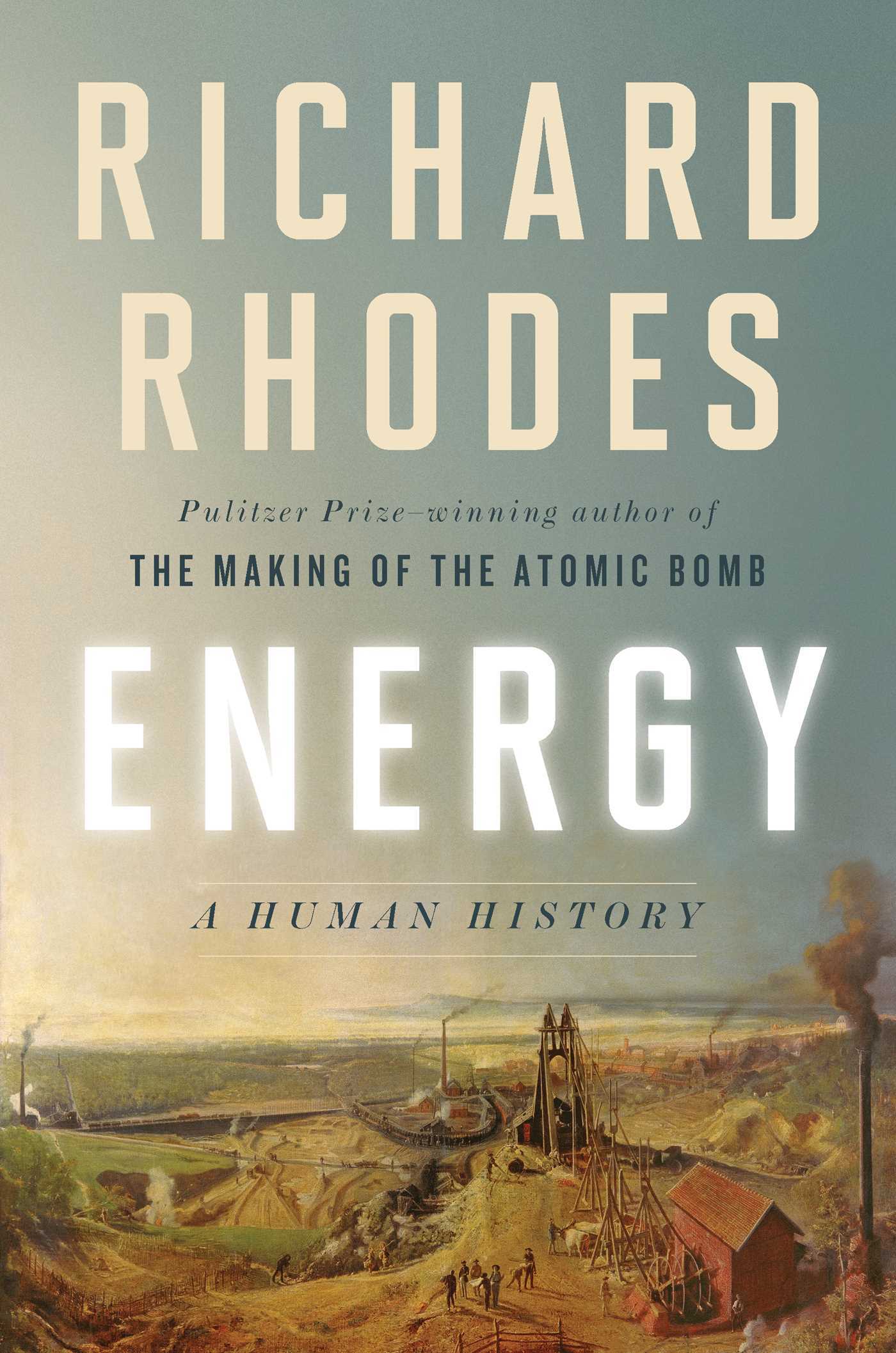What do you think?
Rate this book


480 pages, Hardcover
First published May 29, 2018
Nuclear power's public health record more than compensates for its few occupational accidents. Its limited air pollution combined with its extremely low greenhouse emissions and its 24/7 availability more than 90 percent of the time make it easily the most promising single energy source available to cope with twenty-first-century energy challenges.
Antinuclear activists, whose agendas originated in a misinformed neo-Malthusian foreboding of overpopulation (and a willingness at the margin to condemn millions of their fellow human beings to death from disease and starvation), may fairly be accused of disingenuousness in their successive against the safest, least polluting, least warming, and most reliable energy source humanity has yet devised. (p. 336)